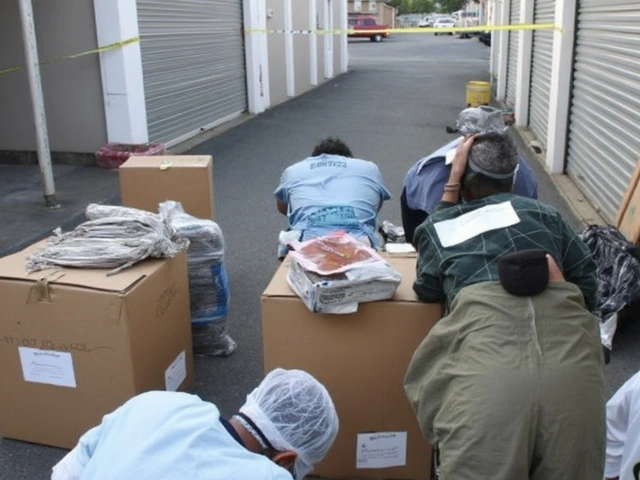Domestic Abuse: Spot the Signs, Get Help, and Stay Safe
Domestic abuse is more common than many think, and it can happen to anyone—men, women, young, old. It isn’t just about physical violence; it can be threats, control, isolation, or constant criticism. The first step to stopping it is knowing what to look for, so you can act before things get worse.
What domestic abuse looks like
Physical bruises are the obvious sign, but abuse often hides in everyday moments. A partner who constantly checks your phone, tells you who you can see, or makes you feel worthless is exercising control. Emotional abuse shows up as yelling, name‑calling, or blaming you for everything that goes wrong. Financial abuse means controlling money, refusing to let you work, or demanding you hand over your earnings. If you notice any of these patterns—especially if they get more intense over time—you’re likely dealing with abuse.
Another red flag is isolation. Abusers try to cut you off from friends, family, or community groups because they want you to rely only on them. They may claim it’s for “your safety” while actually keeping you trapped. Look for signs like sudden loss of contact with loved ones, or excuses that you can’t leave the house without permission.
How to get help safely
If you think you’re being abused, the priority is staying safe. Find a trusted friend or family member you can talk to. Even a brief text or a secret signal can start a rescue plan. In South Africa, you can dial 0800 428 428 for the National Gender‑Based Violence Hotline. The line is free, confidential, and available 24/7. Similar services exist across Africa—look for local helplines, women’s shelters, or community centres that support victims.
When you’re ready to leave, pack a bag with essential items—documents, a few clothes, any money you have—and store it somewhere safe. If you have children, plan where they will go too. Many shelters offer short‑term accommodation and legal advice, so you don’t have to navigate the system alone.
Legal protection is also an option. A protection order, also called a restraining order, can legally forbid the abuser from contacting you. In many African countries, the police can help you file this paperwork on the spot. Keep copies of any evidence—photos, messages, or medical reports—because they strengthen your case.
Friends and family play a huge role. If someone tells you about abuse, listen without judgment, believe them, and offer concrete help. Offer to stay with them for a night, or help them contact a shelter. Don’t force them into decisions; let them choose the pace that feels right.
Finally, take care of your mental health. Abuse leaves deep scars, and talking to a counselor or joining a support group can help you rebuild confidence. Many NGOs run free therapy sessions for survivors, and they understand the cultural context that can make it hard to speak up.
Domestic abuse is a serious problem, but you don’t have to face it alone. By recognizing the signs, reaching out for help, and using the resources available, you can protect yourself and start the road to recovery. Remember, every step forward—no matter how small—adds up to a safer, healthier life.
Ex-German Football Star Jérôme Boateng Convicted of Domestic Abuse by Munich Court
Former German football player Jérôme Boateng has been found guilty of causing bodily harm to his ex-partner. The Munich court handed him a suspended fine and a warning, concluding a significant domestic abuse case against the ex-Bayern Munich defender.
View More





